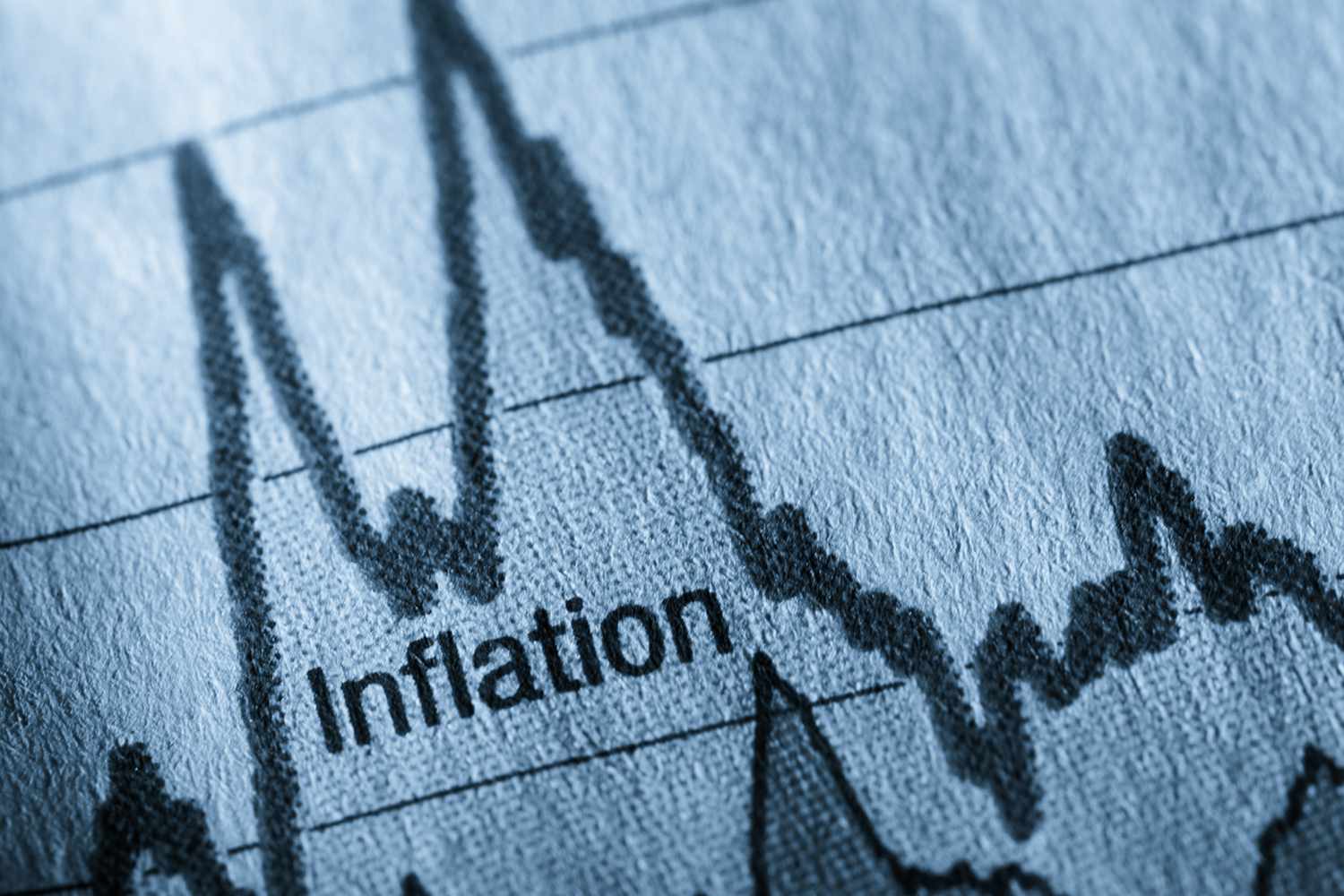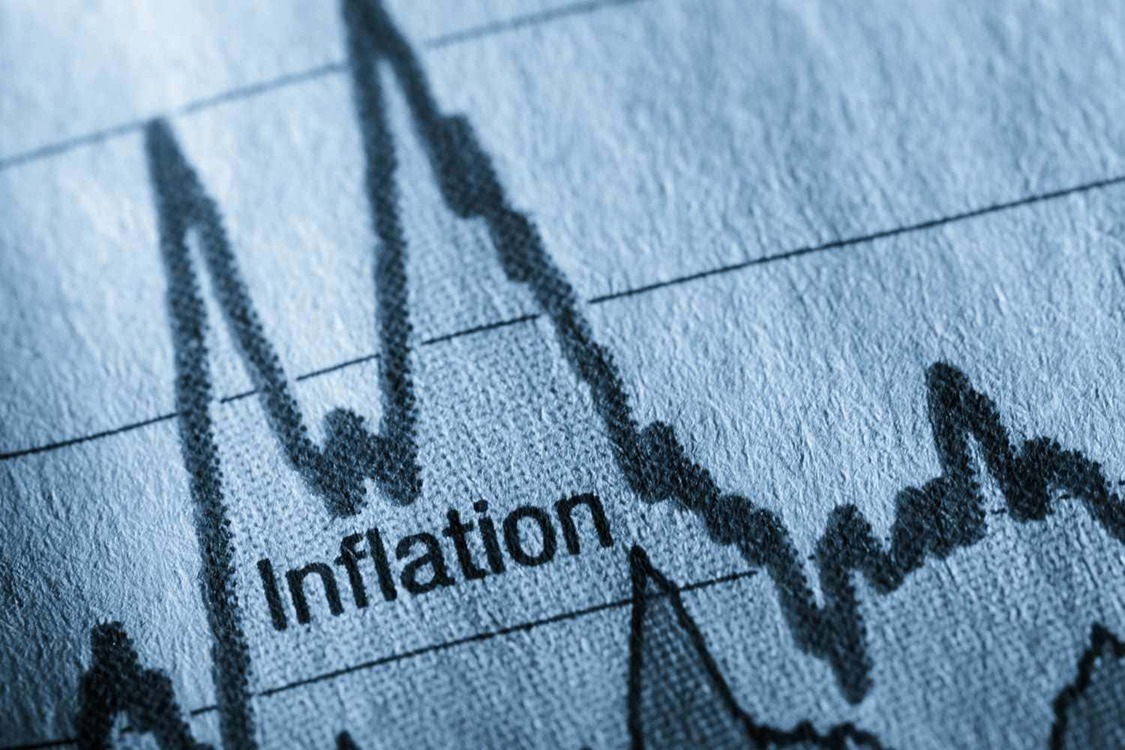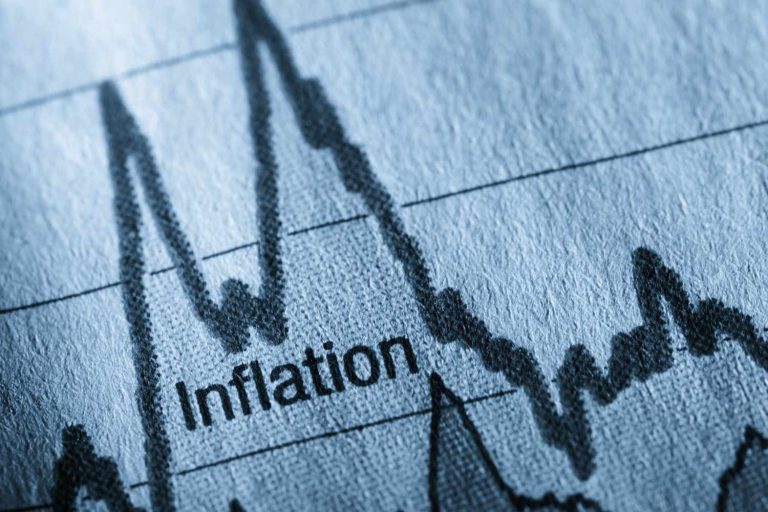Remember when a dozen eggs used to cost what… $2? Or when a night out with friends didn’t feel like you were spending your entire paycheck? That’s inflation in action, and it’s not just an economic term you learned in school — it’s something you’re feeling every single time you swipe your card.
Inflation is more than just numbers on a chart. It’s the real reason why your money doesn’t stretch as far as it used to. Prices are climbing, and your hard-earned dollars are losing their muscle.
In this article, we will explore the impact of inflation on savings, discuss why traditional savings accounts may not be enough to keep up with inflation, and outline strategies to safeguard your money. Additionally, we will provide expert insights and practical solutions, including the use of platforms like Finhabits to learn about investing and start growing your wealth.
What Is Inflation and How Does It Work?
Inflation refers to the general increase in the price of goods and services over time.
It is typically measured by the Consumer Price Index (CPI) and the Personal Consumption Expenditures (PCE) price index.
Common causes of inflation include:
- Demand-pull inflation: When demand exceeds supply, driving prices up.
- Cost-push inflation: When production costs increase, leading businesses to raise prices.
Historical examples of inflation demonstrate its impact on economies and individuals.
What’s Really Going On With Inflation?
At the core, inflation means the cost of everything goes up over time. That morning coffee? More expensive. Groceries? Definitely pricier. Your monthly bills? Creeping higher.
The government tracks this using something called the Consumer Price Index (CPI), which basically measures how much everyday items cost. When this number goes up, it means your money is buying less.
How Does Inflation Affect Savings?
1. Erosion of Purchasing Power
Let’s break it down with a real-world example. If inflation is running at 5% and your savings account earns 1%, you’re actually losing money. That $1,000 in your account? It’s worth closer to $950 in real purchasing power after a year.
Worst hit? People on fixed incomes like retirees. Their savings are shrinking faster than they can replenish them.
2. Savings Account Interest Rates vs. Inflation
Traditional savings accounts often offer interest rates lower than inflation, leading to a net loss in real value.
A savings account earning 1% interest while inflation is at 4% results in a negative real return.
3. Impact on Fixed-Income Retirees
Those relying on savings or fixed incomes suffer the most as their money loses value faster than they can replenish it.
Retirement planning should include strategies that account for inflation.
Strategies to Protect Savings from Inflation
Inflation is a reality but here’s the good news: You don’t have to be a passive victim of rising prices. Understanding inflation isn’t about becoming an economics professor—it’s about protecting your financial future. Here are some strategies to mitigate the effects on inflation.
1. Investing in Assets That Outpace Inflation
- Stocks: Historically, stock market returns have exceeded inflation rates over the long term.
- Real estate: Property values tend to appreciate, providing a hedge against inflation.
- Commodities: Gold and other commodities can act as inflation-resistant assets.
2. Treasury Inflation-Protected Securities (TIPS)
- Government-backed bonds designed to keep up with inflation.
- Principal value adjusts based on inflation, preserving purchasing power.
3. Diversification and Smart Savings Choices
- Diversify investments to spread risk and maximize returns.
- Consider high-yield savings accounts or certificates of deposit (CDs) that offer competitive interest rates.
4. Budgeting and Adjusting Financial Goals
- Regularly reviewing and adjusting budgets can help counteract the effects of inflation.
- Cutting discretionary expenses can offset rising costs in essential areas.
Common Mistakes to Avoid
- Keeping too much cash in low-interest accounts.
- Ignoring investment opportunities that can preserve wealth.
- Failing to account for inflation in long-term financial planning.
Conclusion
Inflation poses a significant threat to savings, reducing their real value over time. By understanding its impact and implementing proactive strategiessuch as investing in stocks, real estate, and inflation-protected securities you can safeguard your wealth.
For those looking to build financial literacy and start investing wisely, Finhabits offers educational resources and tools to help you get started. Take control of your financial future today!







